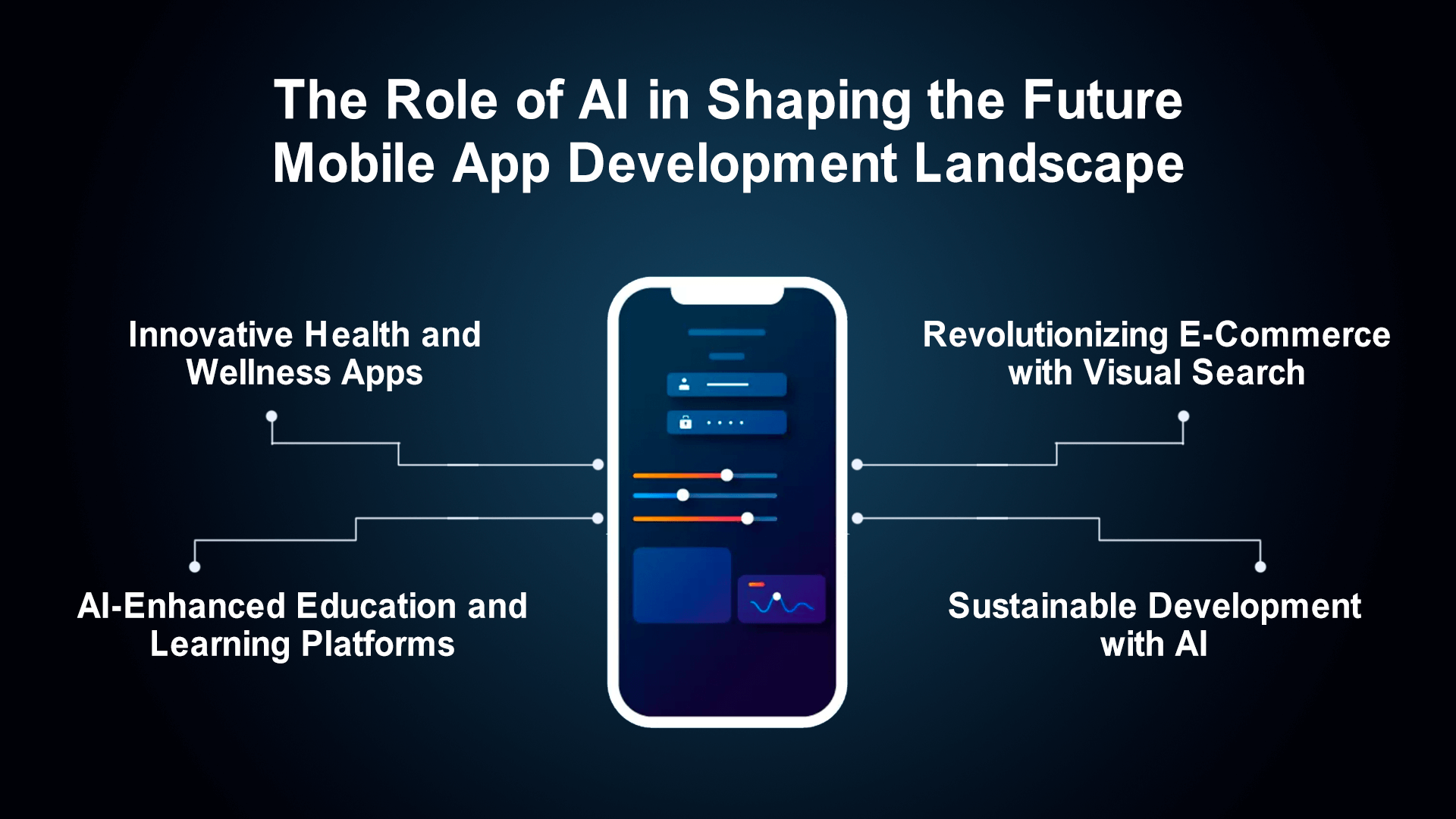Artificial Intelligence is revolutionizing the way people interact with mobile applications. What was once a straightforward process of tapping and swiping has evolved into a deeply intelligent, personalized, and predictive experience. In 2025, AI is not just an enhancement but a core component of how apps function, learn, and adapt to user behavior. From personalization and automation to voice recognition and predictive analytics, AI is redefining what mobile apps can achieve.
The Rise of Intelligent Personalization
One of the most powerful ways AI is transforming mobile app experiences is through personalization. AI systems now analyze user data, behaviors, and preferences to deliver tailored recommendations and experiences. Whether it is a fitness app suggesting customized workout plans, a streaming service recommending content, or an e-commerce platform showcasing products that match your style, personalization powered by AI has become the standard.
Unlike traditional systems that rely on static algorithms, AI continuously learns and refines its understanding of each user. This creates a dynamic environment where every app interaction feels more relevant, useful, and engaging. Businesses benefit through higher retention rates, while users enjoy experiences that feel designed specifically for them.
Predictive Analytics and User Behavior
Modern mobile apps have shifted from reactive designs to predictive experiences. Using AI-driven analytics, apps can anticipate user actions and provide solutions before users even make a request.
For example, travel apps can suggest flight deals to destinations you have searched for previously, fitness apps can predict when you are likely to skip a workout and send motivational reminders, and financial apps can forecast spending trends to help you manage your budget.
Predictive analytics makes apps more proactive and intuitive. It saves users time and effort while creating a sense of connection and understanding between the user and the technology they use daily.
Smarter Customer Support through AI Chatbots
Customer support has undergone a complete transformation with the integration of AI chatbots. These intelligent assistants can handle multiple inquiries simultaneously, respond instantly, and provide human-like interaction using natural language processing.
Unlike traditional chat systems, AI chatbots are capable of understanding context and intent. They do not just respond with pre-set answers but can engage in meaningful conversations. This results in reduced response times, increased customer satisfaction, and significant operational cost savings.
In many businesses, AI bots handle the majority of customer interactions, while complex issues are smoothly transitioned to human support agents. This hybrid approach ensures efficiency without losing the personal touch that users appreciate.
Voice and Image Recognition
Voice and image recognition technologies have advanced rapidly and are now integral to many mobile applications. Voice-activated commands, powered by AI, have become part of everyday use through systems such as Google Assistant, Siri, and Alexa. Apps can now process spoken language, execute tasks, and even adapt to individual speech patterns.
Image recognition has opened up a new dimension in app functionality. From health apps that analyze skin conditions using photos to retail apps that allow users to search for items by taking pictures, visual intelligence has made interactions more natural and effortless. AI-powered vision systems have even enhanced accessibility, enabling visually impaired users to navigate apps with ease through object and text recognition.
Enhanced App Security and Privacy
Security has become one of the most critical aspects of mobile app development. AI is playing a leading role in safeguarding users against cyber threats. Machine learning algorithms monitor app behavior, detect unusual activities, and predict potential vulnerabilities.
Apps equipped with AI-based security can automatically block suspicious logins, flag fraudulent transactions, and alert users about risks in real time. This adaptive approach ensures that security evolves alongside new threats, providing continuous protection without compromising performance.
AI-driven biometrics such as facial recognition and fingerprint scanning have also added extra layers of safety, creating a more seamless and secure user experience.
Automating Development and Quality Testing
AI is not only transforming how users interact with apps but also how developers build them. Through AI-assisted coding and automated testing, app development has become faster, more efficient, and less prone to error.
Developers now use AI tools that can identify bugs, optimize performance, and even suggest improvements during the coding process. Automated testing powered by AI ensures that applications meet quality standards before launch, saving both time and cost.
This automation allows development teams to focus on creativity and innovation instead of repetitive technical tasks, resulting in higher-quality products that reach the market more quickly.
Emotion Recognition and Context Awareness
An emerging trend in AI app design is emotional intelligence. Apps can now interpret human emotions through tone of voice, facial expressions, or text sentiment. This allows applications to respond more empathetically and naturally, especially in areas such as customer service, healthcare, and education.
Context-aware apps go even further by adjusting their functionality based on environmental cues such as location, time, and user activity. Imagine an app that dims your screen brightness in low light, switches to dark mode automatically, or provides local restaurant recommendations when you arrive in a new city. These are the subtle, intelligent interactions that make technology feel more human.
The Future of AI-Driven Mobile Apps
As AI continues to evolve, the future of mobile applications will be defined by self-learning, adaptive systems capable of understanding users better than ever before. We are moving toward a future where apps act less like static tools and more like intelligent partners anticipating needs, making decisions, and simplifying daily life.
Businesses that embrace AI today will not only enhance their products but also secure a competitive advantage in a marketplace that values innovation and user experience.
Artificial Intelligence has shifted mobile apps from being functional to being intelligent. The next generation of mobile technology will not just serve users; it will think, learn, and grow with them.
